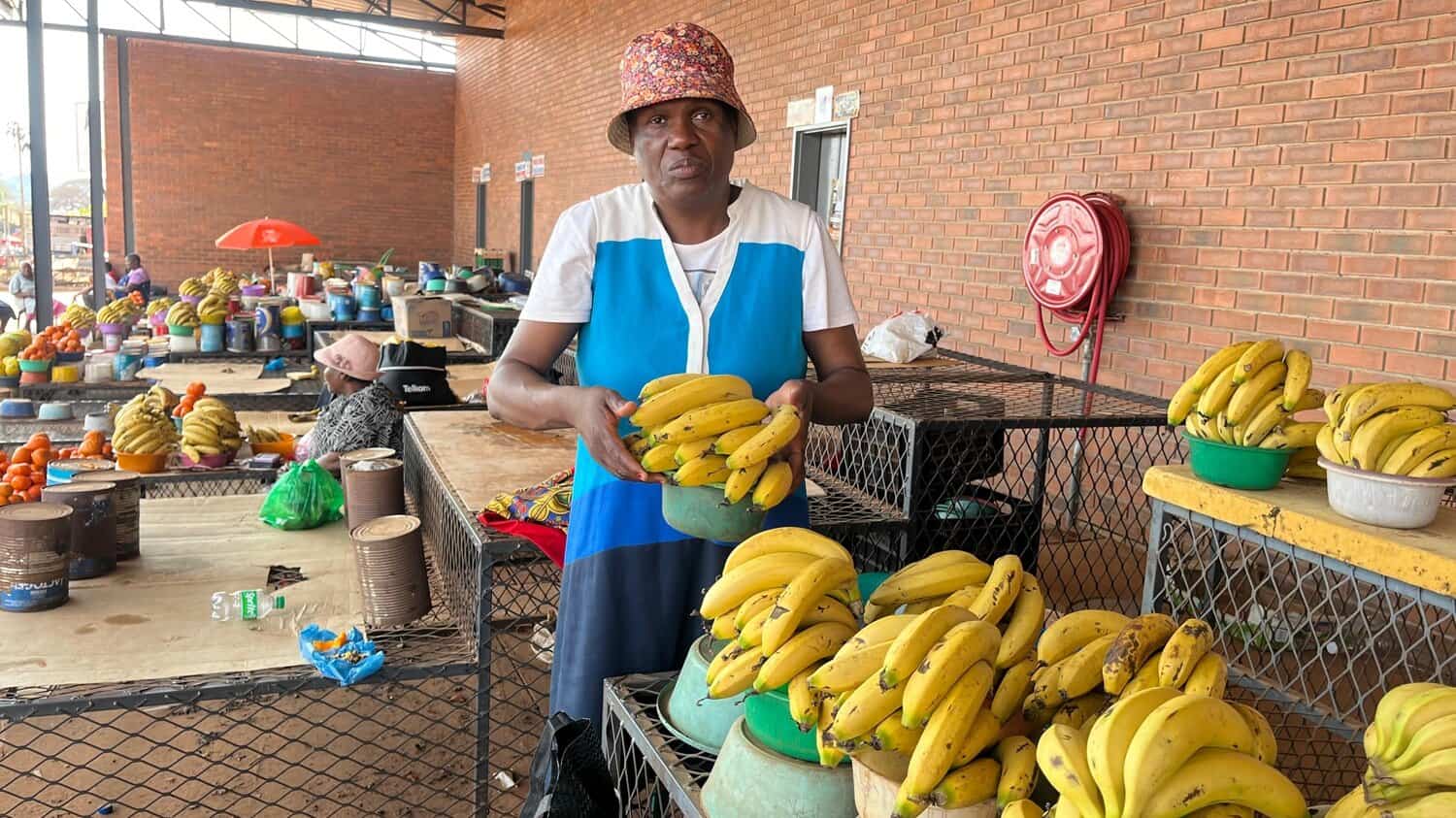'With Limpopo's growth outpacing the national average of 0.5%, we would like to express optimism'

The proverb “diamond comes in small packages” was highlighted this week in Limpopo, where the province, known for its vast rural areas and struggles with abject poverty, emerged as a leader in Gross Domestic Product (GDP) nationwide.
It surpassed well-known affluent provinces such as Gauteng and the Western Cape.
Statistics South Africa (StatsSA) said the latest provincial gross domestic product (GDP) estimates provide an insight into the current state of regional economies, shedding light on the industries that drive production across the country.
It said Limpopo, Gauteng and the Western Cape registered the strongest growth rates. Limpopo expanded by 0.9%, mainly supported by the finance sector, including real estate and business services, along with personal services.
Other contributing industries include utilities (electricity and water), transport and communication, government services, manufacturing, and trade.
Upon hearing this, Limpopo Premier Phophi Ramathuba did not waste time.
The 52-year-old claimed the contribution by the province would help Limpopo to position itself as a vibrant hub for investment and development.
“With Limpopo’s growth outpacing the national average of 0.5%, we would like to express optimism. We are encouraged by the growth we achieved in 2024. Despite job losses in the second quarter of 2025, this growth offers hope for recovery. Now is the time to leverage other thriving sectors like agriculture and tourism to drive inclusive growth,” she said.
ALSO READ: R44-million road in Limpopo nears completion
Property market
The premier also acknowledged the surge in the property market as a significant contributor to the province’s success.
She said StatsSA’s 2023 data indicated that over 95% of Limpopo’s dwellings were urbanised, attracting interest in urban properties.
This was echoed by Ramathuba, adding that rural areas have also seen property value increases, bolstered by emerging trade centres such as shopping malls.
A booming property market, she said, reflected the province’s strong economic performance.
“These insights reinforce our invitation to investors to capitalise on the abundant opportunities in Limpopo. With the 5th Limpopo Investment Conference approaching on 30-31 October 2025, we are more poised than ever to showcase our province’s potential.
‘But we must ask ourselves: What are we doing to strengthen our municipalities and improve the portfolio of properties? How does town planning contribute to the growing property values that we now see reflected in our reports?
“The recent uptick in property values is an opportunity that we cannot afford to overlook. Are we ready to implement robust town planning strategies that will attract more residents and businesses to our areas?
Furthermore, it is crucial for us to acknowledge the important role traditional leaders play in our development strategy.”
ALSO READ: Two arrested for selling learner’s licences in Modimolle
Land
“The provincial government has already begun mobilising these leaders to work hand-in-hand with municipalities on land-use planning, which is essential for fostering sustainable economic growth.
“However, despite these positive developments, we must confront some difficult truths. In previous gatherings, we have lamented the growing detachment between our elected representatives and the constituents they serve.
“The rise in unemployment has left many residents frustrated and unable to fulfil their obligations regarding rates and taxes,” Ramathuba said.
Ramathuba indicated that she was worried about the state of some of the province’s towns and townships
“Our towns are becoming increasingly marked by potholes, sewage issues and darkness, giving rise to an unsettling state of lawlessness.
“If we do not act decisively now, we may find ourselves with little opportunity to mend our ways,” she said.
NOW READ: Limpopo premier hopes new heads of departments will improve service delivery
Support Local Journalism
Add The Citizen as a Preferred Source on Google and follow us on Google News to see more of our trusted reporting in Google News and Top Stories.






